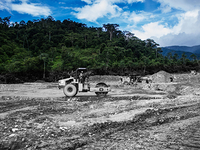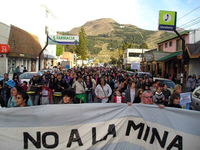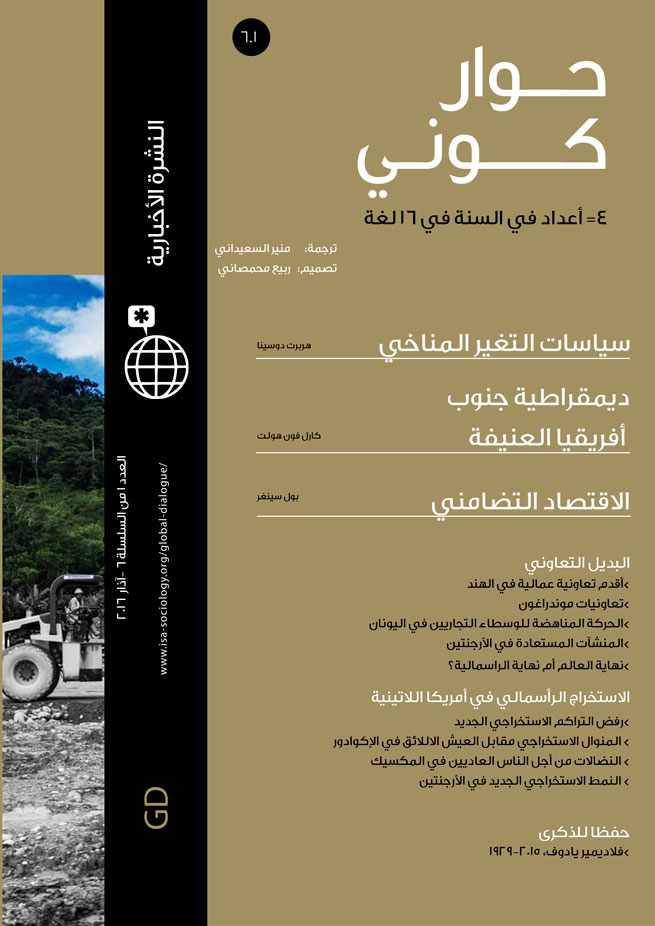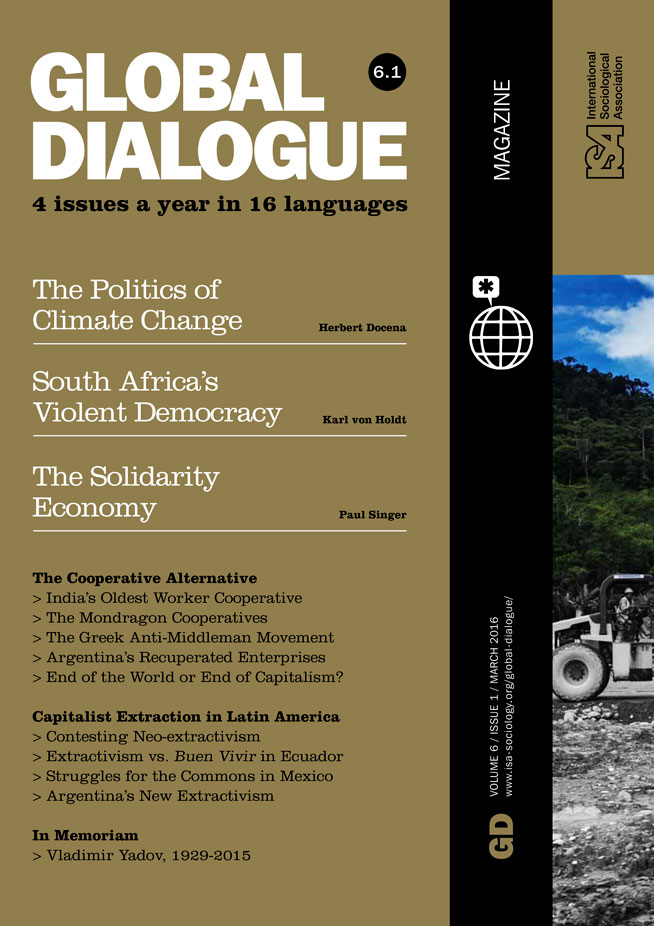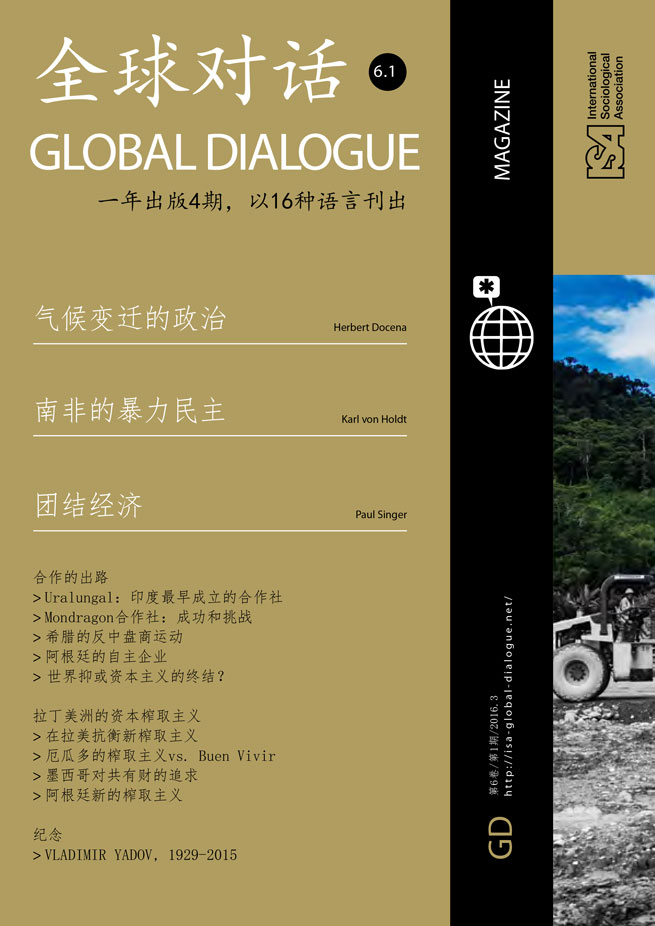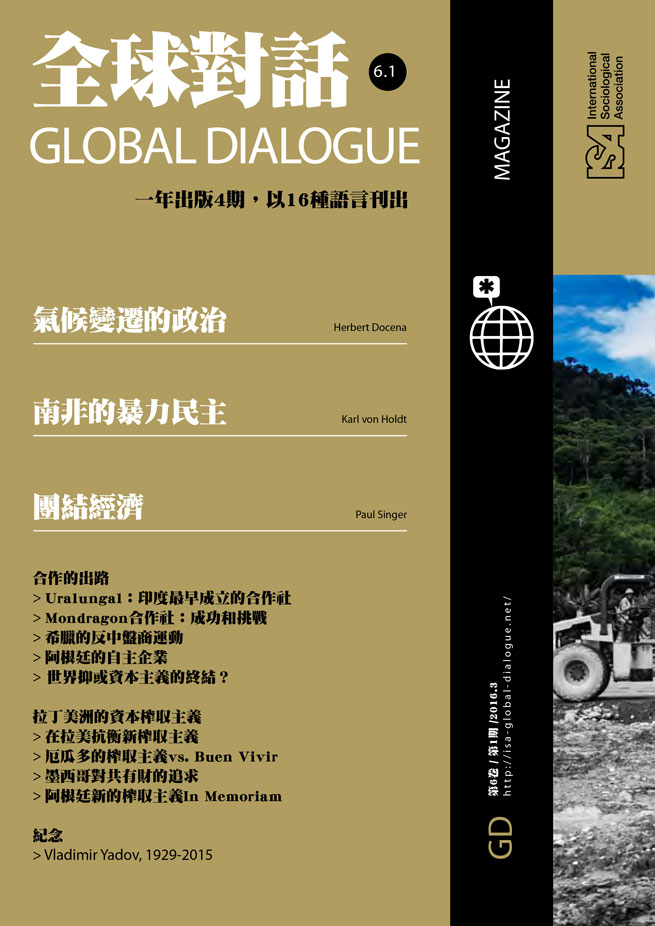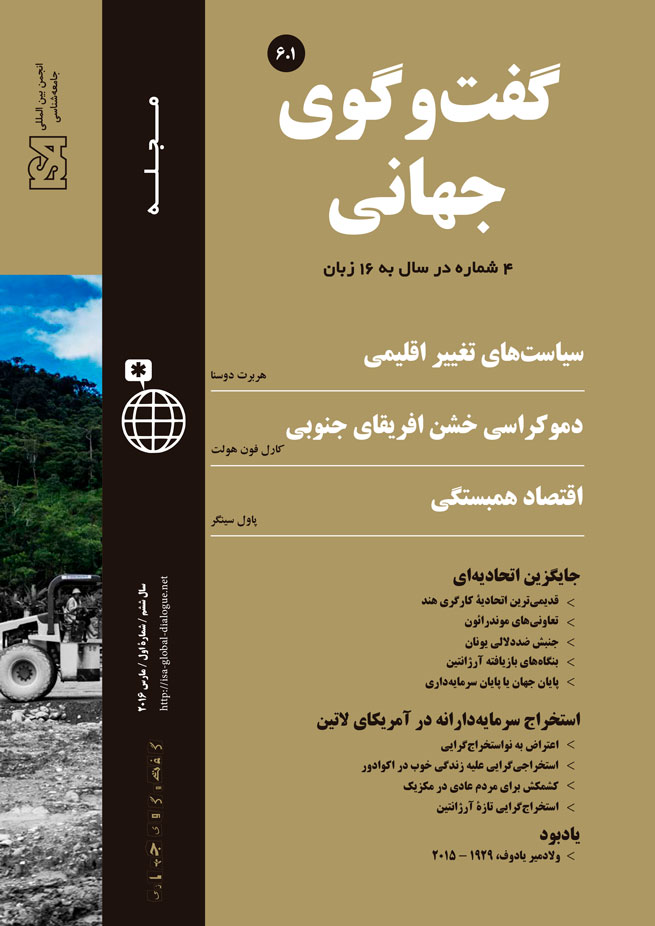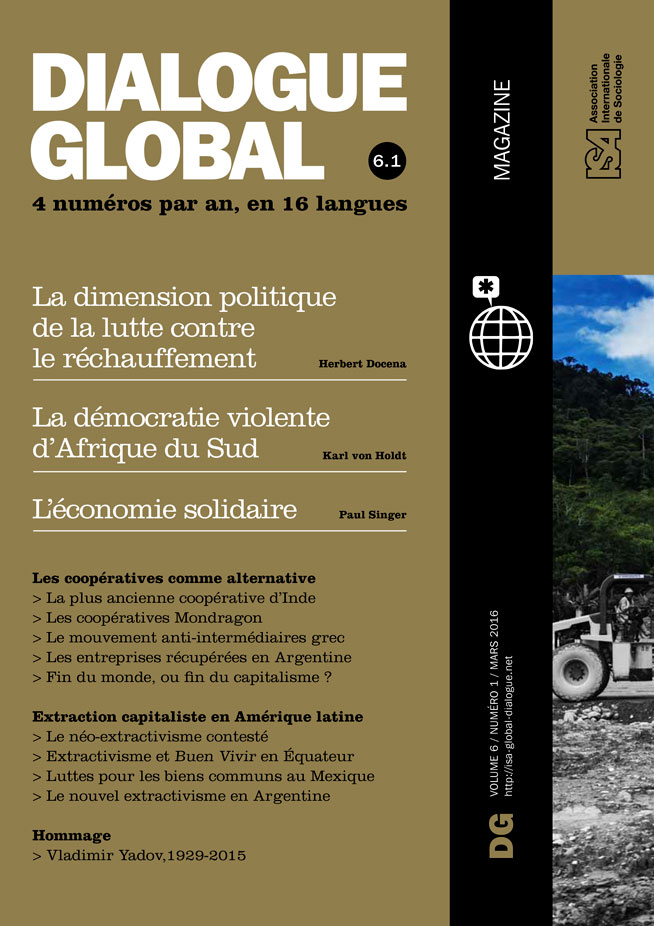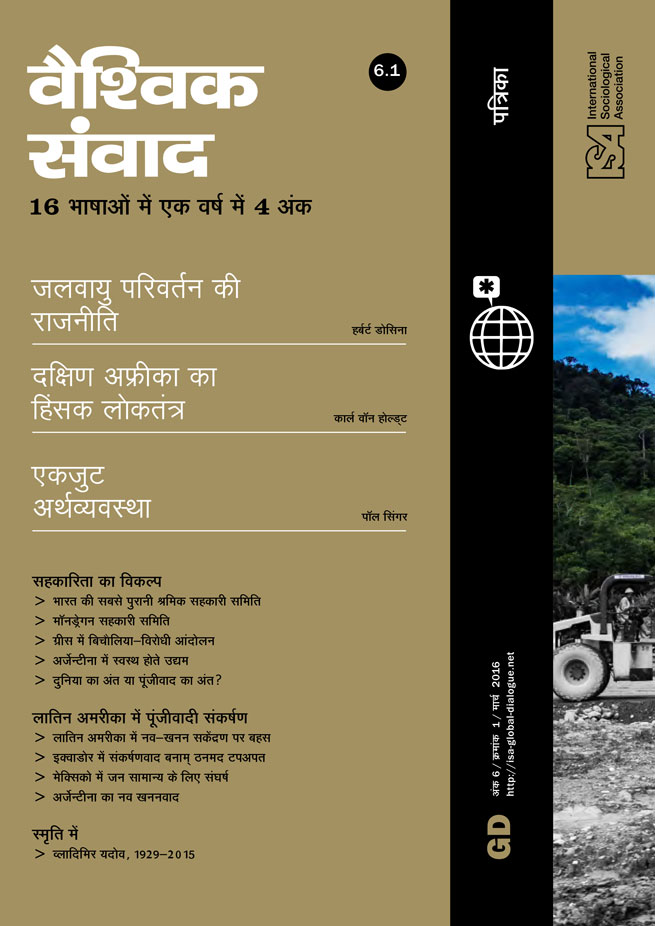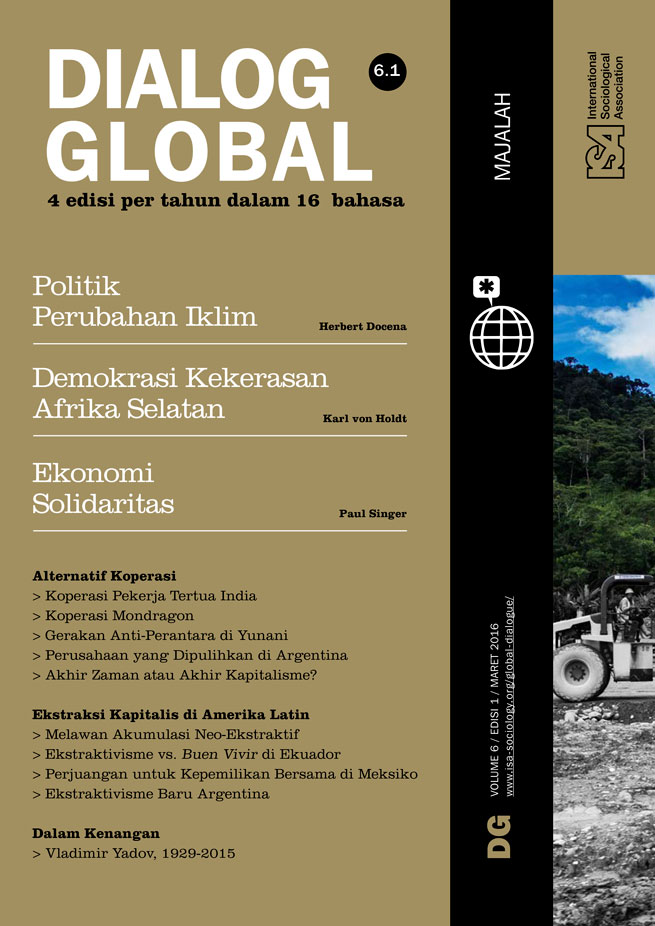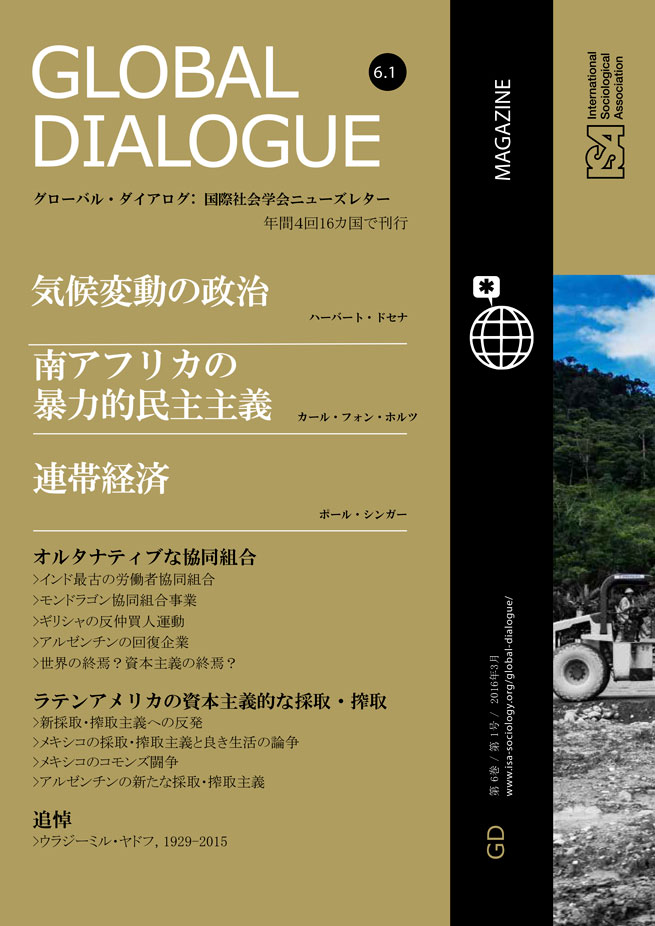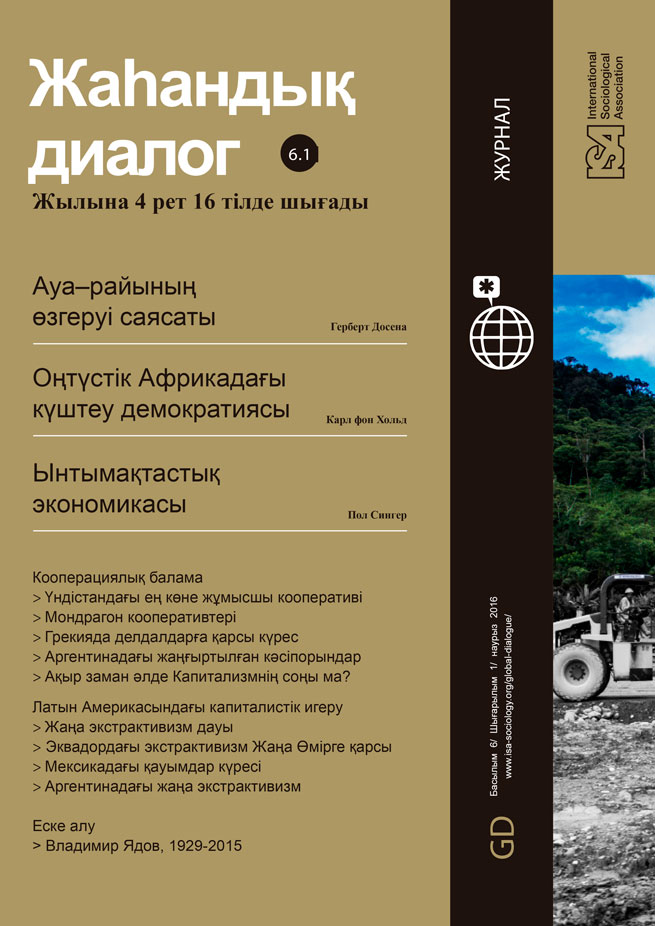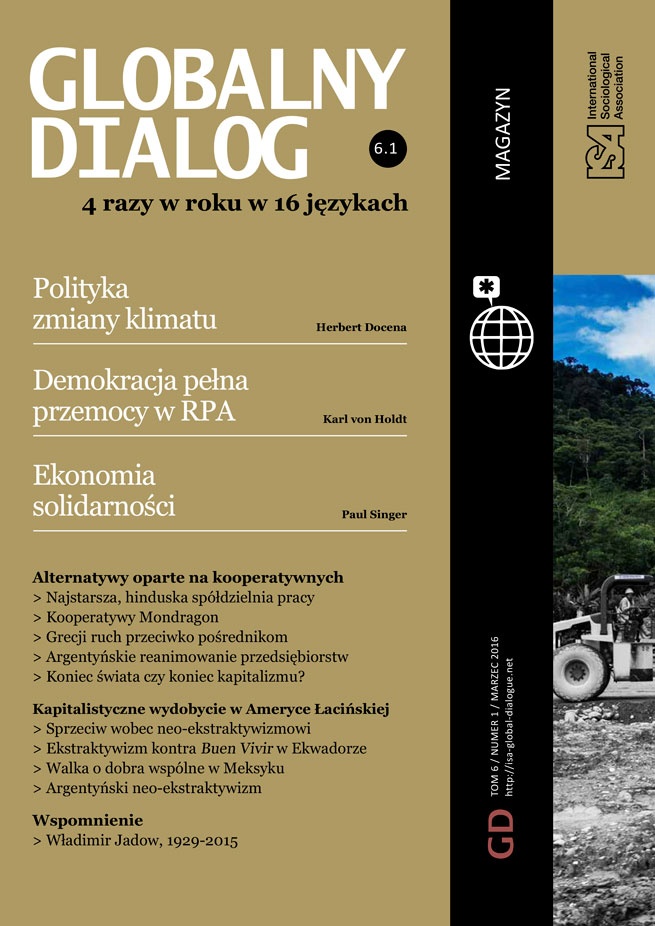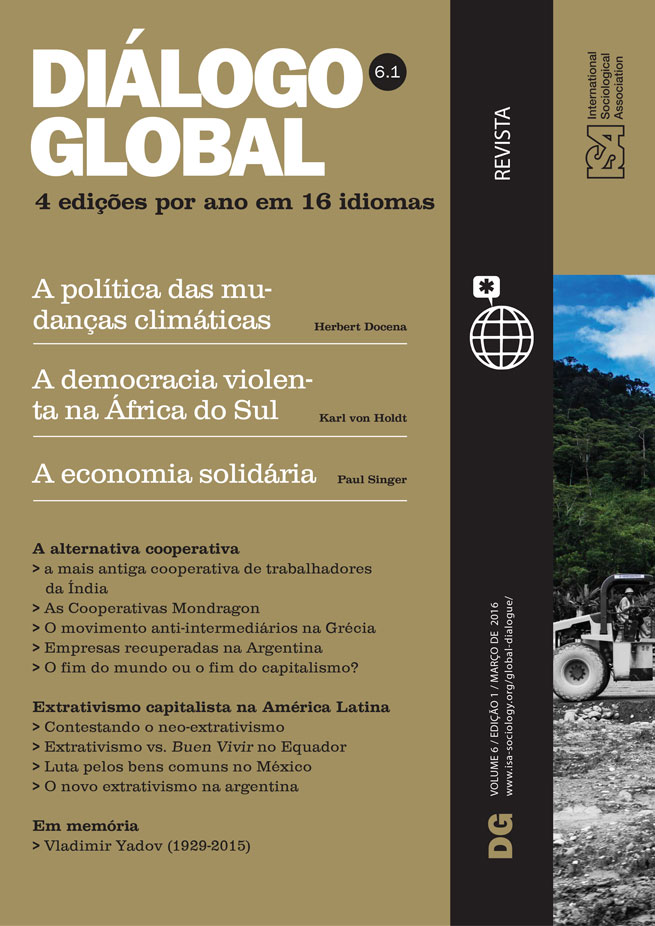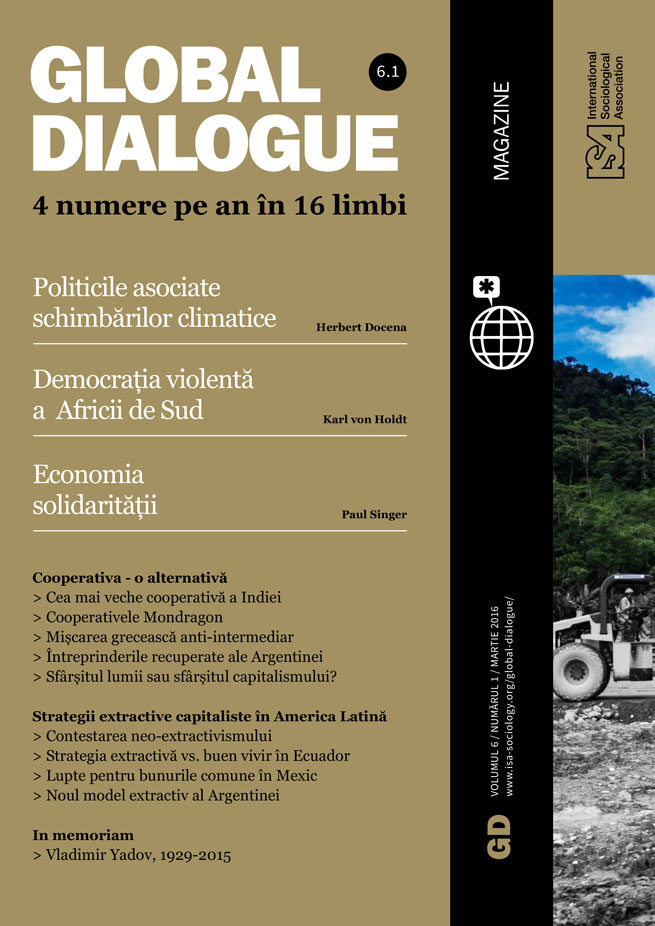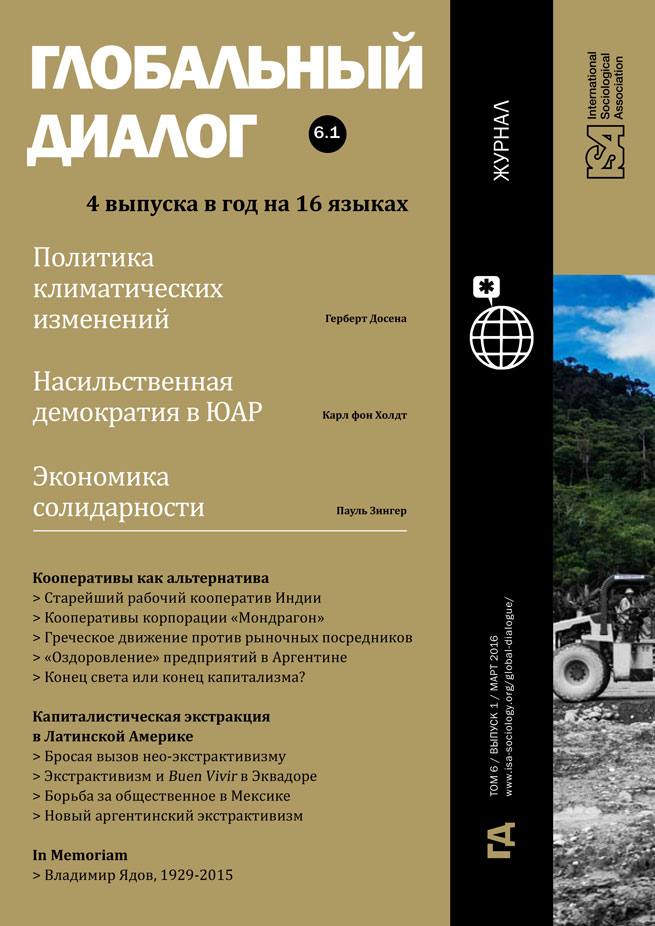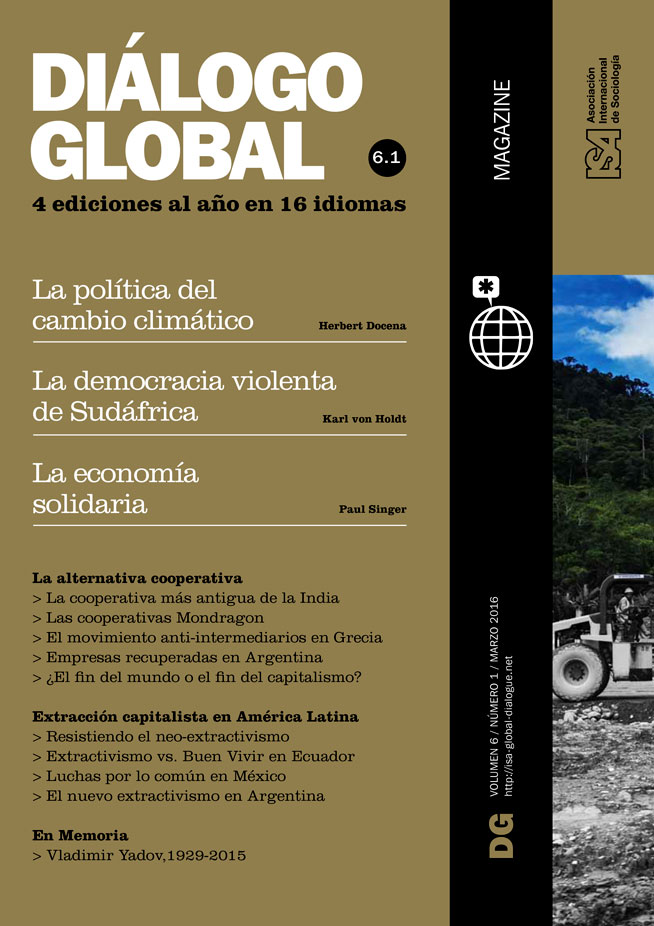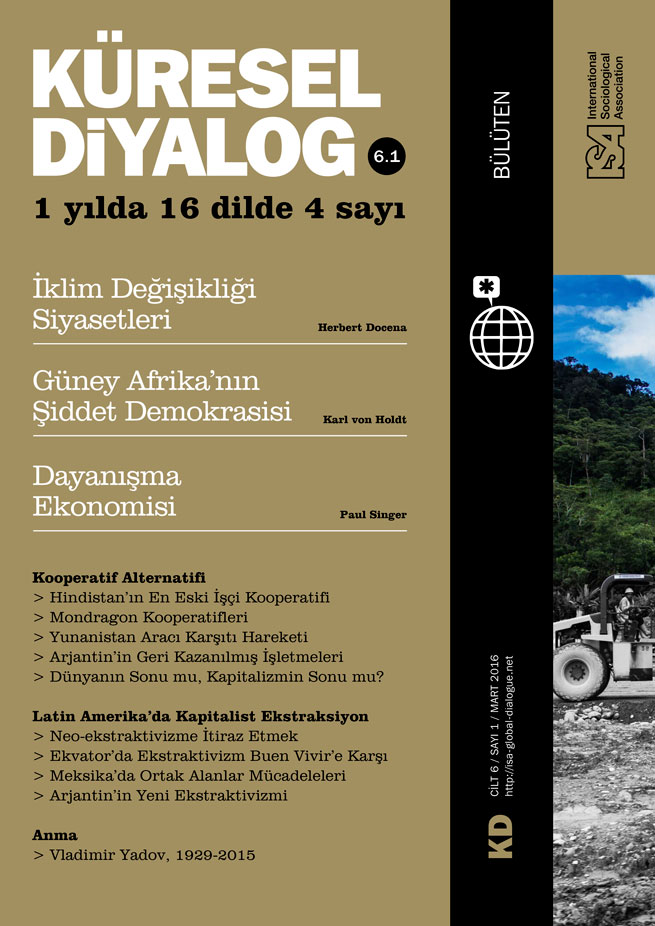Argentina is an emblematic case of expanding extractive activities – agribusiness, mega-mining, and, more recently, the exploitation of unconventional hydrocarbons through fracking – which have given rise to multiple struggles and anti-extraction movements.
As agribusiness emerged and was consolidated as an agricultural model, Argentina entered the global market as one of the world’s largest producers of transgenic soy. Booming prices for primary products, among other factors, greatly increased land destined for large-scale soy cultivation, from 370,000 hectares in 1996 to more than 20.5 million hectares in 2014-15. Although the massive production of soy and corn, mostly destined for export, accelerated the concentration of land in foreign hands, farming is nonetheless perceived as rooted in national agricultural traditions – a perception which limits debate around the advantages and disadvantages of the agribusiness model.
However, several types of resistance have emerged in response to the soy model. Civic and neighborhood groups, under the slogan Paren de fumigar (“Stop Fumigating”), have condemned the effects of fumigating inhabited areas; several groups have organized protests against soy monoculture, criticizing its impact on native lands and local biodiversity; and peasant and indigenous communities have tried to stop displacement, demanding the enforcement of the National Forest Law.
Mining became increasingly relevant in the 1990s. By the 2000s, open-pit mining had grown exponentially in Argentina. Metals, especially gold and copper, became the second fastest-growing export sector in Argentina, following soy. According to the National Mining Ministry, mining exports grew 434%, while the number of projects grew 3,311%. Local authorities offered multiple mining concessions in protected rural areas as well as in towns and cities.
Clearly, Argentina’s neoliberal policies have encouraged large-scale mineral extraction, with only a few minor changes since 2007. The country’s legal framework has contributed to the expansion of the neo-extractive model by guaranteeing “legal security” and high profits. The federal organization of the Argentinean state and the country’s 1994 constitutional reforms gave subnational territories a central role in establishing megaprojects. As a result, mega-mining varies according to the role played by subnational governments, the presence of local economic actors pushing for or against the development of a given sector, and local political, economic and cultural dynamics.
Organized resistance against new mining projects and their effects is widespread in Argentina. Numerous movements have emerged in areas with mining projects, often led by asambleas de autoconvocados or “self-constituted assemblies.” However, these groups have limited avenues for expressing public opposition to extraction, as provincial governments censor and criminalize social and environmental protests. Moreover, these groups have difficulty accessing public information and navigating state environmental agencies.
Neoliberal policies not only helped expand soy production and new mega-mining projects, they also paved the way for unconventional hydrocarbon extraction through hydraulic fracturing (fracking), a complex and controversial activity with serious social and environmental risks. Although this experimental technique has been carried out by large transnational corporations, the government has advanced unconventional hydrocarbons and energy sovereignty through its national firm YPF – a move that is effective, at least in symbolical terms, since the national firm at least holds the promise of recovering energy self-sufficiency.
In 2013, an agreement between YPF, Chevron and the Neuquén province marked the beginning of large-scale fracking in Argentina. Since then, the discovery of shale deposits in Vaca Muerta, along with the stigmatization of fracking opponents and the silencing of accidents, have reduced the space available for dissident voices. Nevertheless, resistance has grown in the provinces, especially in Patagonia, where assemblies, multi-sector organizations and indigenous communities have engaged in struggles over water and territories. In several provinces, including Buenos Aires and Entre Ríos, local laws were enacted prohibiting further exploitation of natural resources.
The expansion of extractive activities is also connected to the construction and reactivation of large centralized hydroelectric and nuclear plants, as well as large infrastructure projects to support agribusiness, large-scale mining and unconventional hydrocarbon extraction. Specific politico-institutional arrangements, favorable for the commodification and extraction of natural resources, were pushed by several hegemonic actors, giving transnational firms the power to shape life in these territories.
We face multiple challenges when questioning the neo-extractivist model, yet it also offers us an opportunity to debate the kind of society we want. Despite asymmetries, community involvement in debates over issues which deeply affect human, social, territorial, and environmental rights is vital if we are to construct more democratic societies.
Marian Sola Álvarez, Universidad Nacional de General Sarmiento, Argentina <mariansoal@yahoo.com.ar>

